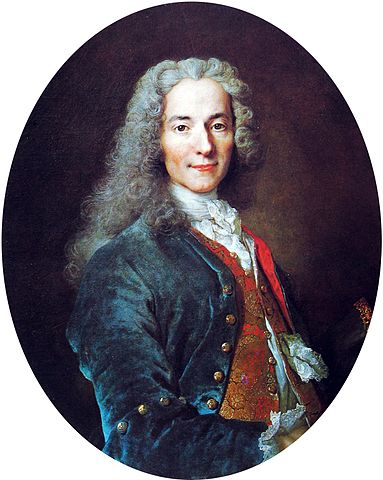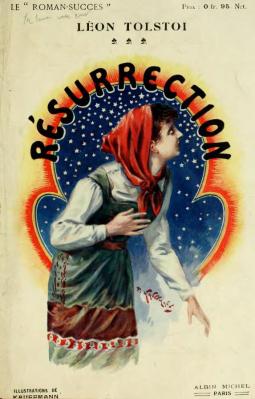This presentation looks at the cost of collecting the income tax. The IRS overhead itself represents the direct cost to the government in generating this revenue. Beside that there is the burden put on the tax payer in preparing his return, in the case of an audit there may be the cost of representation before a tax court. You also become aware of the vast amount of human resources wasted on this activity for the revenue generated.

Successful land speculation (also known as “real estate investment”) is really a matter of taking for yourself the gains that belong to the community. George Menninger is one of the many who have done it, but he’s exceptional in his understanding of what he did, as well as his sympathy for his victims. He’ll explain how the bad public policy he exploited not only made him rich, but led to continued poverty, unemployment, and even the recent economic meltdown.
Menninger is a Henry George School volunteer instructor, and this stand-alone session also serves as the introduction to his modern version of Progress & Poverty. After his talk, you may, if you wish, sign up for the five-session course.

America’s only Political Economy Book Club discusses Candide, Voltaire’s 1759 masterpiece that ridicules religion, theologians, governments, armies, philosophies and philosophers through allegory. As Jean Starobinski notes,”The fast-paced and improbable plot—in which characters narrowly escape death repeatedly, for instance—allows for compounding tragedies to befall the same characters over and over again.”
It’s only a hundred pages or so depending on the translation and format, and is available in English translation free from Project Gutenberg (in several formats) as well as from the Internet Archive, where there is also an audiobook.
PEBC coordinator Bob Matter would appreciate an RSVP, if possible, from those planning to attend.
 Resurrection (1899)
Resurrection (1899)
By Leo Tolstoy
This late 19th-century novel about nobleman Dmitri Ivanovich Nekhlyudov’s efforts at redemption after a life of sin is Tolstoy’s last major novel before his death in 1910. The readers will have a complex relationship with the tormented protagonist and his desperate attempts at redemption and forgiveness, since Nekhlyudov’s misguided decisions and youthful errors are often not so dissimilar from our own. Resurrection is a scathing exposition of the myriad prejudices of the man-made justice system and the hypocrisy of the establishment, while it also explores the economic philosophy of Georgism – of which Tolstoy had become a strong advocate toward the end of his life. [from the Culture Trip]
Political Economy Book Club discussions are open to everyone interested, without charge, and the text (in English translation) is available free from various sources including archive.org, who also offer a free audiobook. There is also a more recent translation by Anthony Briggs, which can be purchased or licensed in various formats and is available in some public libraries. Any questions about the PEBC may be directed to Convenor Bob Matter,
